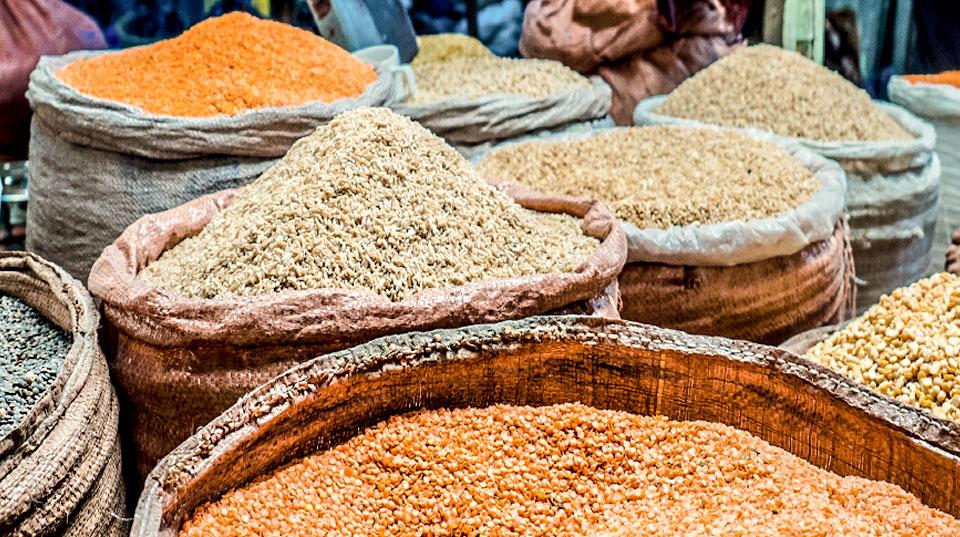Overview
This project aimed to increase agricultural production, improve household food security, alleviate poverty and thereby reduce food-aid dependency in rural Zimbabwe through better integrated crop and livestock production and through men, women and youth participating in the market.
Almost 12% of rural households in Zimbabwe (more than 1 million people) rely directly on food aid. Most rural dwellers in Zimbabwe depend on smallholder crop-livestock farming activities based on producing maize, other cereals and legumes and small and large stock including goats and beef or dairy cattle. Crop yields and livestock off-take rates are declining and, even where production surpluses are available at the farm gate, market value chains do not effectively link smallholders and final consumers.
Food deficits are commonplace and rural areas lack opportunities to generate income. Whilst food aid offers a short term measure of relief against hunger, the Government of Zimbabwe and external donors intend to reduce the chronic problem of food aid-dependency, improve food security, and alleviate poverty.
Research by Australian, international and national institutions strongly suggests that this problem of food-aid dependency can be solved by increasing agricultural production, improving food security, and thus alleviating poverty in rural Zimbabwe.
This AusAID/ACIAR sponsored project contributed to better integration and intensification of smallholder crop-livestock systems, and helped to increase smallholder enterprises to participate in markets by improving links between market chain actors, and helping them to exploit opportunities, reduce wastage and boosts returns.



